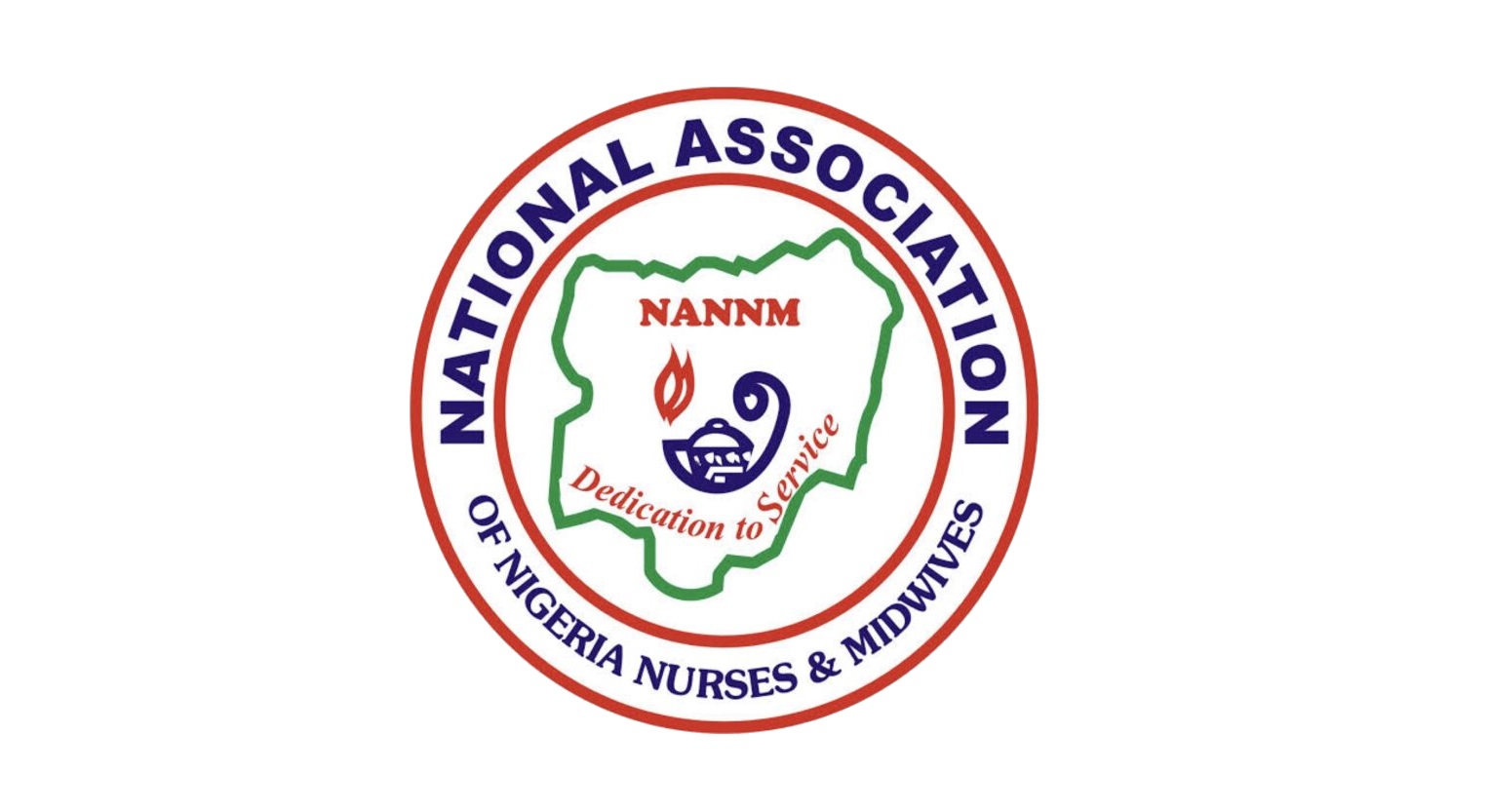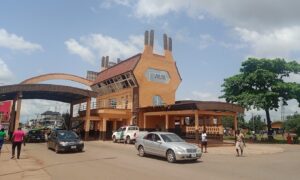Healthcare services across Nigeria have been severely disrupted as over 25,000 nurses and midwives began a nationwide seven-day warning strike. The strike, led by the National Association of Nigeria Nurses and Midwives (NANNM), Federal Health Institutions Sector, started just after midnight and affects public hospitals and healthcare centres across all 36 states and the FCT.
The action follows the expiration of a 15-day ultimatum issued to the Federal Government on July 14 over unresolved issues. Union leaders say the government failed to engage in dialogue or offer any solution before the deadline passed.
According to Comrade Morakinyo Rilwan, National Chairman of NANNM-FHI, the strike affects 74 federal health institutions — including teaching hospitals, federal medical centres, specialist hospitals, and primary healthcare facilities.
“Private hospitals are not involved in the strike,” Rilwan clarified. “That’s because private practitioner nurses are not yet spread across the country.”
Services Completely Shut Down
Rilwan confirmed that all services — including emergency care — have been suspended. Affected departments include:
- Operating theatres
- ICUs and neonatal care units
- Labour wards
- Outpatient clinics
- Antenatal and fertility units
- Oncology, ophthalmic, dialysis, and mental health services
- In-patient wards and sterile supply units
“We want to draw urgent attention to our unresolved demands. Nurses have not embarked on a strike like this in 40 years — the last was in 1984,” he said.
What the Nurses Are Demanding
The union is calling on the government to:
- Officially gazette the revised scheme of service approved in 2016
- Implement a 2012 court ruling in favour of nurses
- Review allowances and call-duty benefits upward
- Hire more nurses to reduce work overload
- Create a nursing department at the Federal Ministry of Health
- Include nurses in policy-making bodies and healthcare boards
- Recognise senior nurses with consultancy status and centralised internships
- Reverse a recent circular on revised allowances
Rilwan also addressed misconceptions:
“The government keeps saying there are no nurses in Nigeria. That is false. We have over 10,000 qualified but unemployed nurses — most of them working in private hospitals for peanuts.”
He criticised the outdated shift allowance system, which remains at 8.6% instead of the approved 30% of basic salary. The union is demanding a 200% increase in all nursing-related allowances.
Mounting Pressure on Health System
The nurses’ strike comes just days after doctors under the Lagos-based Medical Guild began their own three-day warning strike. That protest was sparked by withheld salaries and unpaid arrears.
Hospitals in Lagos and other states have since seen patients turned away, with many emergency rooms shut and departments left empty.
Concern from Health Professionals
Healthcare professionals are sounding the alarm.
Dr. Rukayat Hassan said:
“Health is central to national development. That doctors and nurses are on strike simultaneously is a damning indictment of the government’s priorities.”
Dr. Adeniyi Kolawole added:
“Top officials travel abroad for treatment while those serving the people at home are ignored. It’s an irony we can’t keep ignoring.”
Nurse Oyekanmi Blessing shared her frustration:
“Our only crime is choosing to stay in Nigeria and care for Nigerians. In other countries like Saudi Arabia, nurses are respected and adequately paid.”
Government Yet to Respond
Efforts to get a comment from the Federal Ministry of Health and Social Welfare have been unsuccessful. The ministry’s Head of Public Relations, Alaba Balogun, requested questions via WhatsApp but had not replied at the time of filing this report.
What Happens Next?
With recent talks between the union and the government ending in a stalemate, NANNM has warned that a full, indefinite strike could follow if no meaningful progress is made after the warning strike ends. A fresh 21-day ultimatum may be issued if demands are not met.
For now, public hospitals across Nigeria remain closed to patients, as nurses call for better conditions, fair compensation, and a real voice in shaping the nation’s health system.
The Students Forum Nigeria serves as the ultimate hub for Nigerian students, fostering academic growth, social engagement, and knowledge sharing.






















